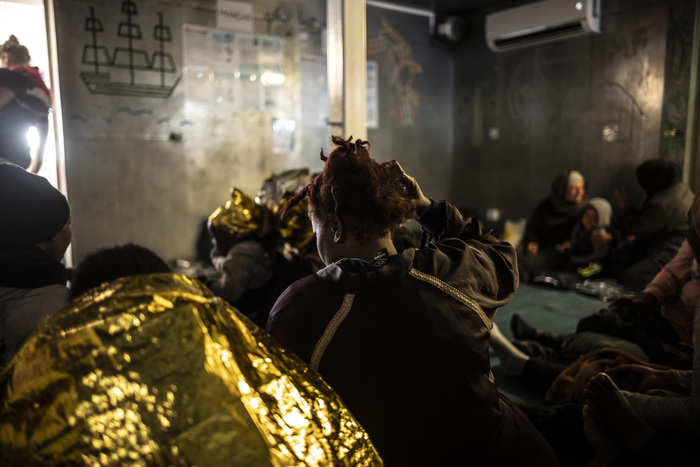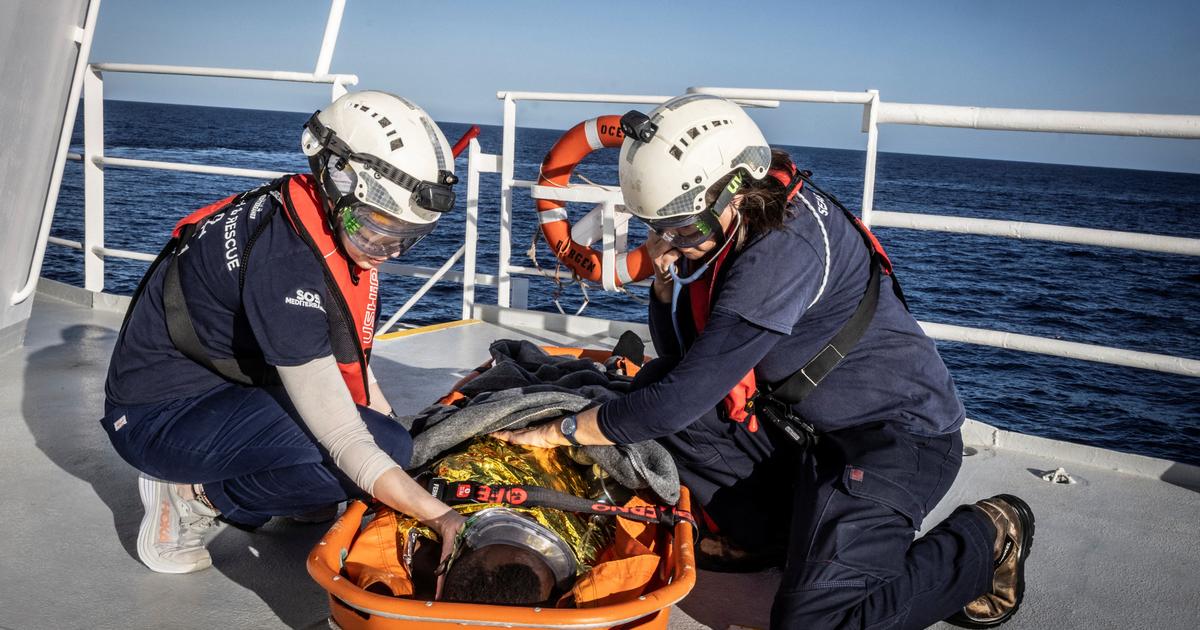Eulogia Merle
Perhaps you would like to know an important thing that happened around this time, specifically on September 16, although 500 years ago.
It took a bit, two years of navigation, but finally in the documents of that time someone well known in Spain enters the scene, at least in these last three years of celebrations of the Fifth Centenary of the Tour around the World.
The important thing is that in the luxurious Brunei and a little by stumbling blocks, Master Juan Sebastián Elcano was appointed captain of the most seafaring of the two remaining ships of the ramshackle Navy of the Moluccas.
I say stumblingly because, after being very well treated by Raja Seri Paduka (Siripada, in the documents) and having obtained a license to trade, the Spanish ended up spoiling everything. And I say "Spaniards" to summarize, and because, as is well known, the Navy was in search of the nail and the nutmeg on behalf of King Carlos I, but, at this point in the 50th anniversary celebrations, it is also very well known that That one, the crew was made up of a considerable variety of nationalities, even a Tupi-Guarani boy was on the ships (who, by the way, stayed in Borneo: his father abandoned him). In fact, the Spaniards were scared when they saw more than a hundred praos approaching the
Trinidad
and the
Victoria
.
They quickly hoisted sails and, just in case, attacked some nearby reeds and it turned out that one of them was the captain-general of the king of Borneo.
Bad business: Siripada was going to be very angry.
The Spaniards were scared, but it also seems that it was not too difficult for them to get on the defensive and even do the pirate if they had the opportunity, because in addition to the attack on the junks, they decided to retain "sixteen main men to take them to Spain and three women", that “later they were taken by João de Carvalho”, says the great chronicler Antonio Pigafetta.
This João Lopes de Carvalho, pilot of the
Concepción
and after the
Trinidad
At that time, he was the senior captain, having occupied the position of Fernando de Magallanes after his absurd death five months earlier on the small Philippine island of Mactan. He was also, incidentally, the father of the Tupí-Guaraní child. And for this and other avariciously pirate attitudes — perhaps also because he was not able to take the ships to the long-awaited Spice Islands — he was fired. The position of captain of the Trinidad was occupied by the bailiff Gonzalo Gómez de Espinosa and, as you can imagine, the captaincy of Victoria fell to Juan Sebastián Elcano.
Or this is what is usually thought, because in reality, the captaincies were not exactly like that. In the Information of October 18, 1522 already in Valladolid - in which Elcano, the pilot Francisco Albo and the barber Fernando de Bustamante had to demonstrate that during the trip the royal estate had not been defrauded -, among the committed questions that the informants They had to respond and in which they blamed everything on João Lopes de Carvalho (who, after all, was already dead and could not defend himself), the pilot Francisco Albo explained how the government of the two ships had been divided. While in his statement, Elcano claimed all leadership during the last year of the expedition, Albo recorded a kind of directory formed by Gómez de Espinosa, Elcano,the Genoese master of the Trinity Juan Bautista de Punzorol and the clerk of La Victoria, Martín Méndez. Thus reorganized the charges, they set sail from Brunei and looked for a place to caulk the ships, which, according to the coordinates given by Pigafetta, possibly was the island of Balabac, south of Palawan, which shows that they had turned back and north, without having clear directions. And there they were 42 days.
For now, those of us who follow the Magellan journey are here, in Balabac, a small Philippine island. There is still a long way to go to reach Tidore, one of the five islands of the Moluco, the only ones that at that time had the coveted nail. There is still a year left for Juan Sebastián Elcano and a handful of other men to be able to overcome the Guadalquivir with the nao
Victoria.
It must be said that we do not lack entertainment, although the effervescence has decreased a bit, because, since the Spice ships sailed in September 2019 and while we patiently wait for the return of
Victory
, all kinds of commemorative activities have been and will continue to be held. Not for less, 500 years have passed since the most spectacular of all maritime epics was achieved. It is the epic of a great spice business devised by the Portuguese Fernando de Magallanes that ends as a huge tragic-maritime story, by the sowing of deaths that that three-year and 70,000-kilometer trip left across three oceans.
Epics must be celebrated, of course, and they are usually born with great expectation, grow with great pomp and circumstance and die to spend a hundred years in silence until the next celebration. However, the 500 years of the voyage of the world's first circumnavigation have been sensitive material directed towards a course that on many occasions has little to do with that company and its architects. While we wait for
Victory to
return
,
Too many times the trip around the world and its authors have been possessed, stripping them of their history to clothe them with identity emotions disseminated by all kinds of media, some of them very serious and others, directly torturous and distorting of the real story by mere ideological and even nationalist will. The odyssey lent itself to this, and its protagonists were such romantic characters that they almost cried out for its biographical and historical fixation. This is the case of Elcano, for example, of which unfortunately there is very little information and, to supplement it, in those fat historical novels or biographies that have been appearing, what is told is the circumnavigation trip, not the life of the master of Guetaria, simply because his name appears very little on the old papers.But turning those men into supermen, into heroes, into visionaries, comes from afar and begins with the chroniclers themselves and because of the competitive royal policies. Then, as the centuries go by, the need to celebrate these spectacular epics comes and then the heroes become national symbols, and suddenly national identities take on greater prominence than heroic identities. It is true that Fernando de Magallanes is an atypical hero. He was not and is not a very beloved character in Portugal, his native country, and a few years after his trip the official chroniclers saw him as ungrateful, spiteful and traitorous. Nor does it arouse passions in Spain, enthusiastically turned towards the other great hero from around the world, Elcano. But really, this trip is about someone who had an idea,he insisted on carrying it out and it went wrong. Yes, the Moluccan Navy trip went wrong. However, this failed idea had enormous consequences, because first Magellan, and later Elcano and the survivors of the ship
Victoria
, gave an unexpected and sharp blow to the reality of the world.
After them, the world had to be rethought and redrawn.
At the moment we are in little Balabac.
We have a year of oceans left.
Isabel Soler Quintana
is a professor of Portuguese literature and culture and the author of the biography in the press
Magallanes & Co
(Acantilado).

/cloudfront-eu-central-1.images.arcpublishing.com/prisa/UG5WJEAONZB3XNB4A7VEE26PUI.jpg)





/cloudfront-eu-central-1.images.arcpublishing.com/prisa/6W5UW5NK5ZH77N2RSC3TBYR33Y.jpg)

